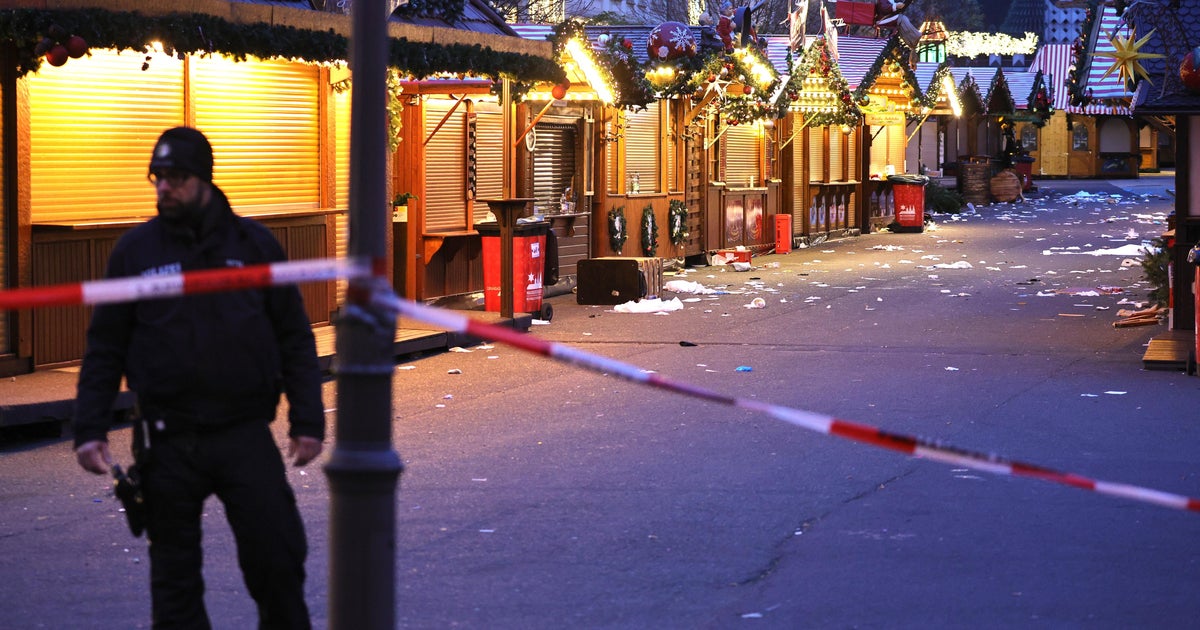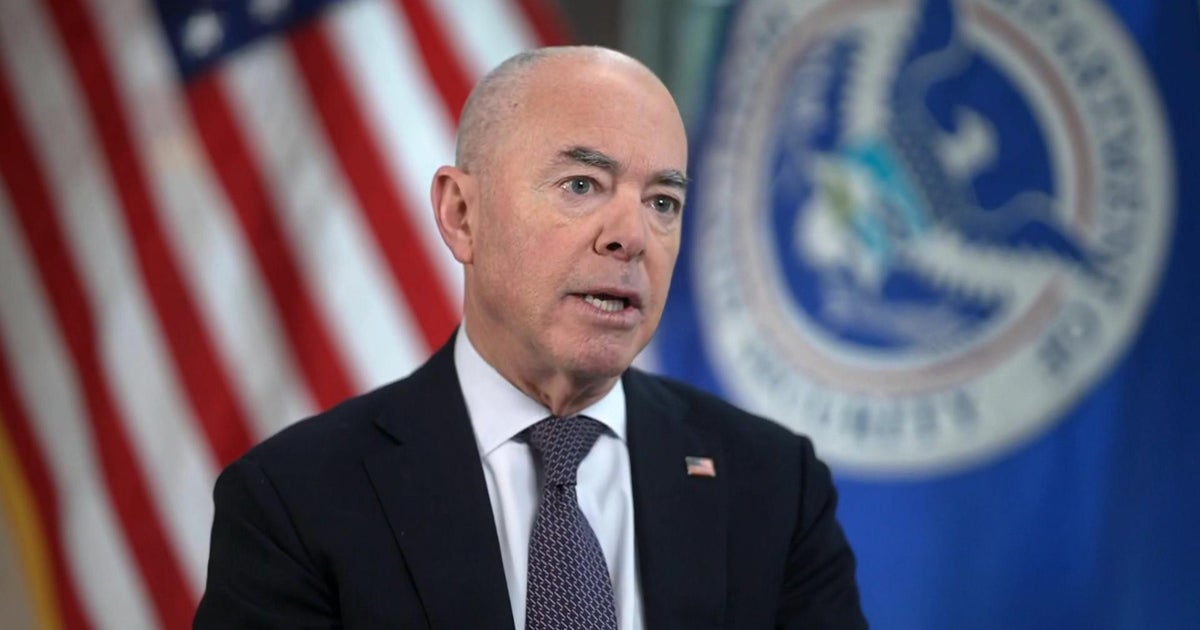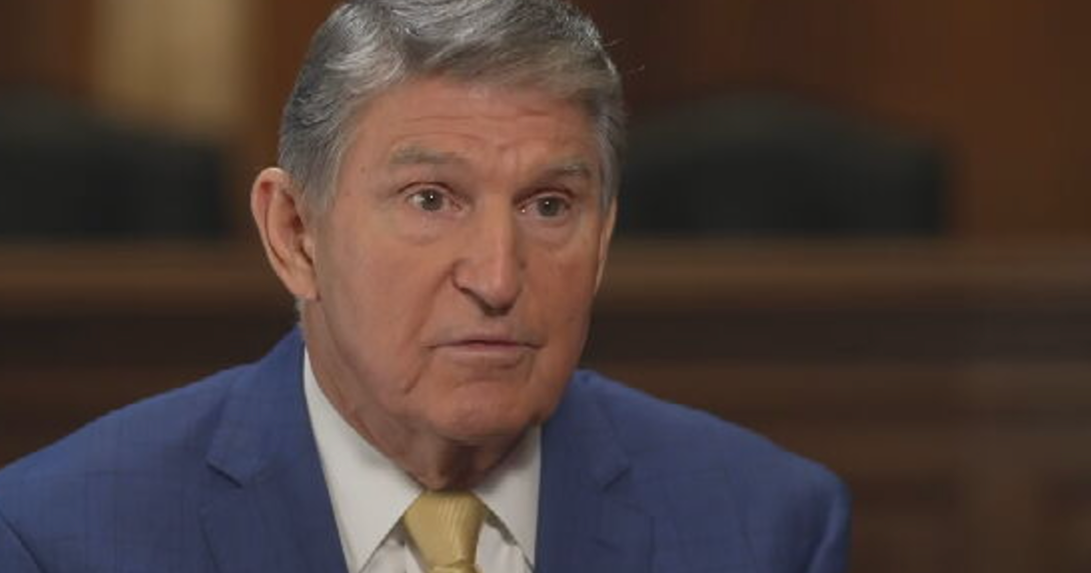CBS News
German authorities had received tipoffs about suspect in Christmas market attack that killed 5

German authorities said they received tipoffs last year about the suspect in a car attack at a Christmas market in Magdeburg as more details emerged on Sunday about the five people killed.
Authorities have identified the suspect as a Saudi doctor who arrived in Germany in 2006 and had received permanent residency. Police haven’t publicly named the suspect, in line with privacy rules, but some German news outlets have identified him as Taleb A. and reported that he was a specialist in psychiatry and psychotherapy.
Authorities say he does not fit the usual profile of perpetrators of extremist attacks. He described himself as an ex-Muslim who was highly critical of Islam and in many posts on social media expressed support for the far-right anti-immigrant Alternative for Germany (AfD) party.
He is being held in custody as authorities investigate him.
Authorities say he does not fit the usual profile of perpetrators of extremist attacks. He described himself as an ex-Muslim who was highly critical of Islam and in many posts on social media expressed support for the far-right anti-immigrant Alternative for Germany (AfD) party. Germany’s FAZ newspaper said it interviewed the suspect in 2019 and described him as an anti-Islam activist.
Omer Messinger / Getty Images
He is being held in custody as authorities investigate him.
“The man also published a huge number of posts on the internet. He also had contact with various authorities, made insults and even threats. However, he was not known to have committed acts of violence,” said Münch, whose office is the German equivalent of the FBI.
He said that the warnings, however, proved to be very unspecific.
The Federal Office for Migration and Refugees also said Saturday on X that it received a tipoff about the suspect in the late summer of last year.
“This was taken seriously, like every other of the numerous tips,” the office said. But it also noted that it is not an investigative authority and that it referred the information to the responsible authorities. It gave no other details.
The Central Council of Ex-Muslims said in a statement that the suspect had “terrorized” them for years as it expressed shock at the attack.
“He apparently shared beliefs from the far-right spectrum of the AfD and believed in a large-scale conspiracy aimed at Islamizing Germany. His delusional ideas went so far that he assumed that even organizations critical of Islamism were part of the Islamist conspiracy,” said the statement.
The group’s chairwoman, Mina Ahadi, said in the same statement: “At first we suspected that he might be a mole in the Islamist movement. But now I think he is a psychopath who adheres to ultra-right conspiracy ideologies.”
Police in Magdeburg, the capital of the state of Saxony-Anhalt, said Sunday that those who died were four women aged 45, 52, 67 and 75, as well as a 9-year-old boy.
Authorities said 200 people were injured, including 41 in serious condition. They were being treated in multiple hospitals in Magdeburg, which is about 130 kilometers (80 miles) west of Berlin, and beyond.
The suspect was on Saturday evening brought before a judge, who behind closed doors ordered him to be kept in custody on allegations of murder and attempted murder. He is facing a possible indictment.
The horror triggered by yet another act of mass violence in Germany make it likely that migration will remain a key issue as the country heads toward an early election on Feb. 23. A deadly knife attack in Solingen in August pushed the issue to the top of the agenda, and led the government of Chancellor Olaf Scholz to tighten border security measures.
Right-wing figures from across Europe have criticized German authorities for having allowed high levels of migration in the past and for what they see as security failures now.
Hungarian Prime Minister Viktor Orbán, who is known for a strong anti-migration position going back years, used the attack in Germany to lash out at the European Union’s migration policies and described it as a “terrorist act.”
At an annual press conference in Budapest on Saturday, Orbán insisted that “there is no doubt that there is a link between the changed world in Western Europe, the migration that flows there, especially illegal migration and terrorist acts.”
Orbán vowed to “fight back” against the EU migration policies and alleging without evidence that “Brussels wants Magdeburg to happen to Hungary, too.”
CBS News
12/22: Face the Nation – CBS News

Watch CBS News
Be the first to know
Get browser notifications for breaking news, live events, and exclusive reporting.
CBS News
Biden’s DHS Secretary says a “terrific solution” to immigration surge was killed by “irresponsible politics”

Washington — Department of Homeland Security Secretary Alejandro Mayorkas said as his time at the helm of the nation’s immigration enforcement comes to a close that “a really terrific solution was killed by irresponsible politics” when the bipartisan border deal fell apart earlier this year.
Mayorkas pointed to the agreement on a border package reached by a bipartisan group of Senate negotiators in February reached after months of deliberations that would have marked the first comprehensive border security policy overhaul in decades — and give the president far-reaching powers to clamp down on unlawful border crossings. But the bill was quickly rejected by Republicans after President-elect Donald Trump expressed his opposition.
Following the legislation’s failure, the Biden administration instituted asylum restrictions that dramatically cut off the flow of immigration. When asked about the timing amid criticism from Republicans that the Biden administration possessed the authority without Congress to act on the border, Mayorkas acknowledged that the administration may have taken the action more quickly if they knew the border deal would be torpedoed.
“Looking back now in hindsight, in 2020 if we had known that irresponsible politics would have killed what was clearly a meritorious effort and a meritorious result, perhaps we would have taken executive action more rapidly,” Mayorkas said in an interview that aired on “Face the Nation with Margaret Brennan.”
The comments come as border crossings have dropped to the lowest level of the Biden administration, after reaching record highs a year ago.
The Homeland Security Secretary noted that before Mr. Biden came into office, the “trend lines of migration” were increasing exponentially in 2018 and 2019 worldwide, “and then the COVID-19 pandemic hit.” He added over time, the Biden administration built up capabilities that have allowed it to transport individuals and decompress areas seeing surges in immigration, saying that “we’ve been executing on enforcement at an unprecedented level throughout this administration.”
“We are now removing or returning more individuals in three years than the prior administration did in four, and we are doing so not only greater in volume, but greater in speed, because of the negotiations with other countries and to more countries than has ever been the case,” Mayorkas said.
CBS News
Sen. Joe Manchin on his time in the Senate and what the future holds

Sen. Joe Manchin hasn’t quite figured out what he’ll do next once he leaves the Senate next month.
But whatever his future holds, he plans to keep hosting his former colleagues Congress on his popular houseboat in West Virginia. Manchin has for years hosted politicians of both parties aboard the “Almost Heaven,” which has been docked in Washington, his way of bringing his colleagues on both sides of the aisle together.
“I’m going to be involved,” Manchin told CBS News’ “Face the Nation with Margaret Brennan.” “The boat’s staying here.”
Manchin, who mulled an independent presidential bid this year, said he would have “loved to have had a platform” to speak centrist common sense, as he put it.
He expressed hope for President-elect Donald Trump’s success — despite previously saying that electing Trump would be “very detrimental” to the country. Manchin has said the rioting at the Capitol on Jan. 6, 2021, was a “bridge too far” for him.
“When the people speak and they make their choice and the election’s over, you better pray with everything you have the president will be successful,” Manchin told Brennan. “And if you’re in a position to help, you have knowledge of how the system works and can make it work, do it. … This is about our country, and I want him to succeed, and I have said this to him, I’ll do whatever I can to help in any way humanly possible.”
Manchin was West Virginia’s governor before he won his U.S. Senate seat in 2010. Since then, he’s tried to work with both parties. He formally left the Democratic Party in May, registering as an independent.
Manchin is still hoping to push a bill to ease the permitting process for the energy industry through Congress. He said he encouraged Trump to make it happen during a conversation at the Army-Navy game in Maryland last weekend.
His Energy Permitting Reform Act of 2024 would facilitate a faster permitting process for oil and natural gas, renewable energy, mineral mining and transmission lines. It hasn’t progressed in the Democratic-controlled Senate.
Manchin said he’s hoping Trump will watch his interview with “Face the Nation” and take a serious look at his bill.
“So now with this interview, I’m hoping, I’m asking President Trump to truly look at this permitting bill, because it is basically a good piece of legislation that we’ve never moved this far in a bipartisan way, with John Barrasso, going to be the No. 2 man in the Republican Senate, a good person, a good friend of mine,” Manchin told Brennan. “We worked hard and negotiated hard, and have a good bill. It’s ready to go. We have the bill ready. He could just drop it in.”
Manchin said he thinks Trump understands the political realities at play in Washington better than he did when he won in 2016. And the reality is that the Senate remains more independent than the House, he said.
“I think he understands it an awful lot better now than he did in 2016 when he won the first time,” Manchin said. “So now he’s got some experience under him. He understands the process, but he understands, also, the power that he’s wielding right now, the influence he has” with the House and Senate, which will be in Republican hands in January. Manchin wants to keep the filibuster in place; it requires most bills to reach a 60-vote threshold for consideration.
“I think there’s enough Republican senators and Democrat senators too, but Republicans have control because they’re the majority, that are not going to let the filibuster blow apart,” Manchin said. “… I don’t think they will do that. And it only takes five, or it takes four, I’m sorry, it takes four Republican senators, just four, and I guarantee you, I think there’s a lot more than four.”
Those Republicans, he said, will “protect the institution.”
“They’ve been here long enough,” Manchin said. “What goes around comes around, and in two years, this thing could flip — 2026, you never know. It’s the power of the people.”
contributed to this report.



